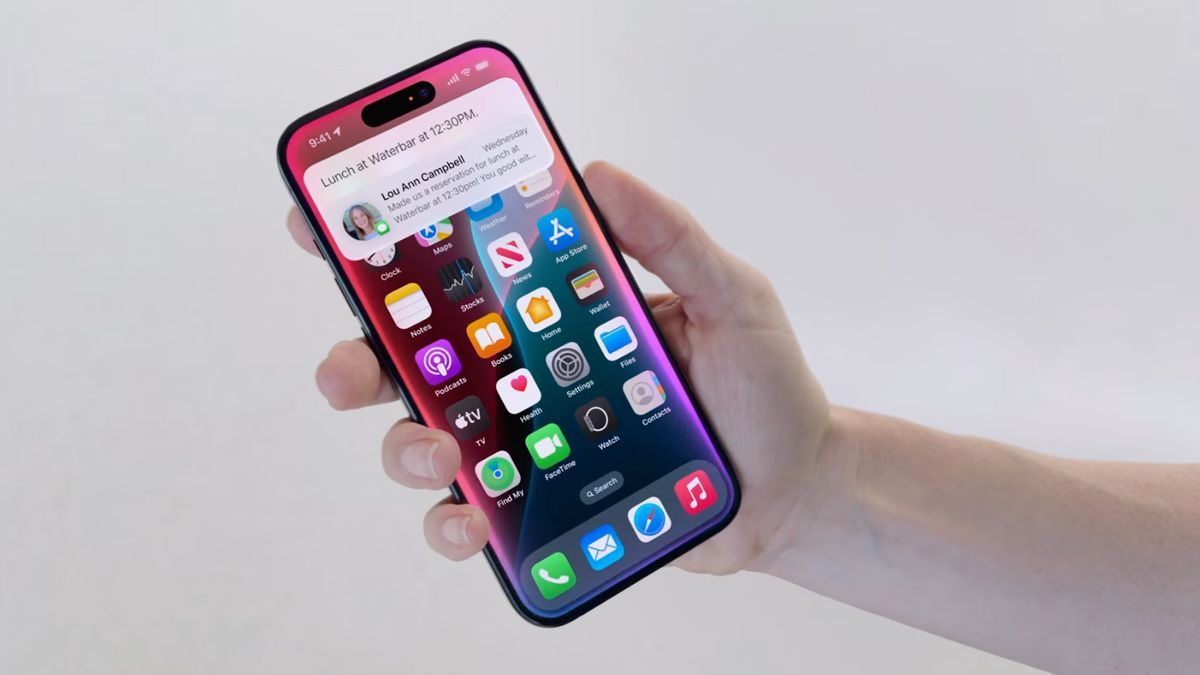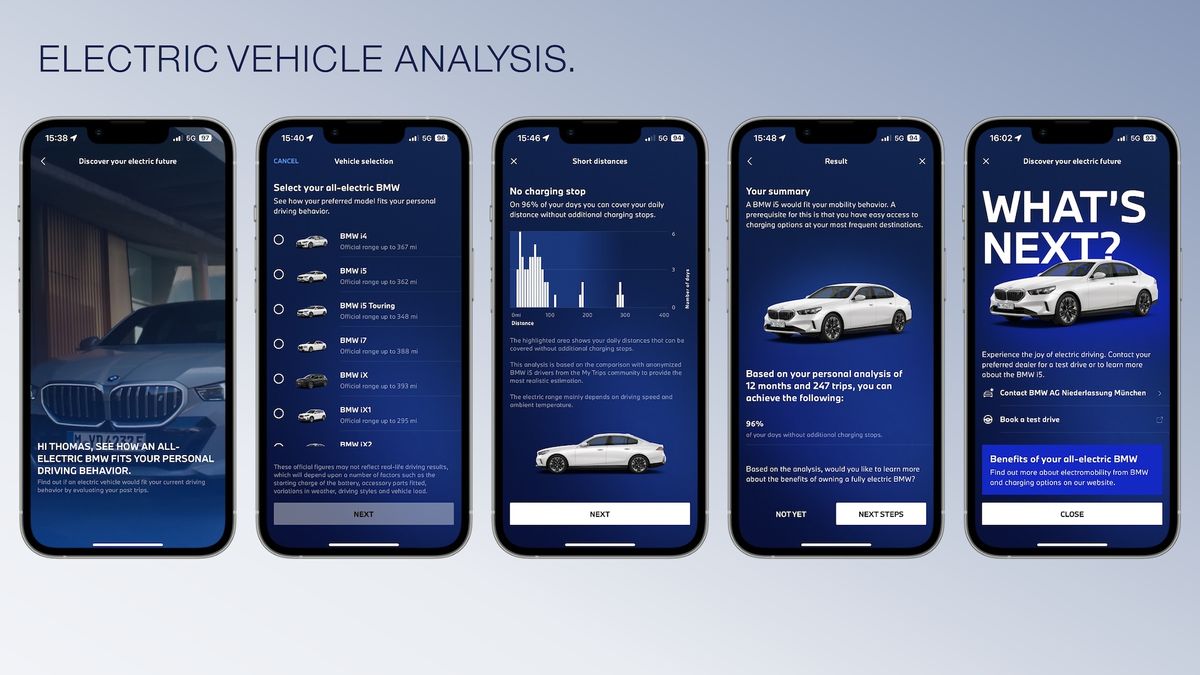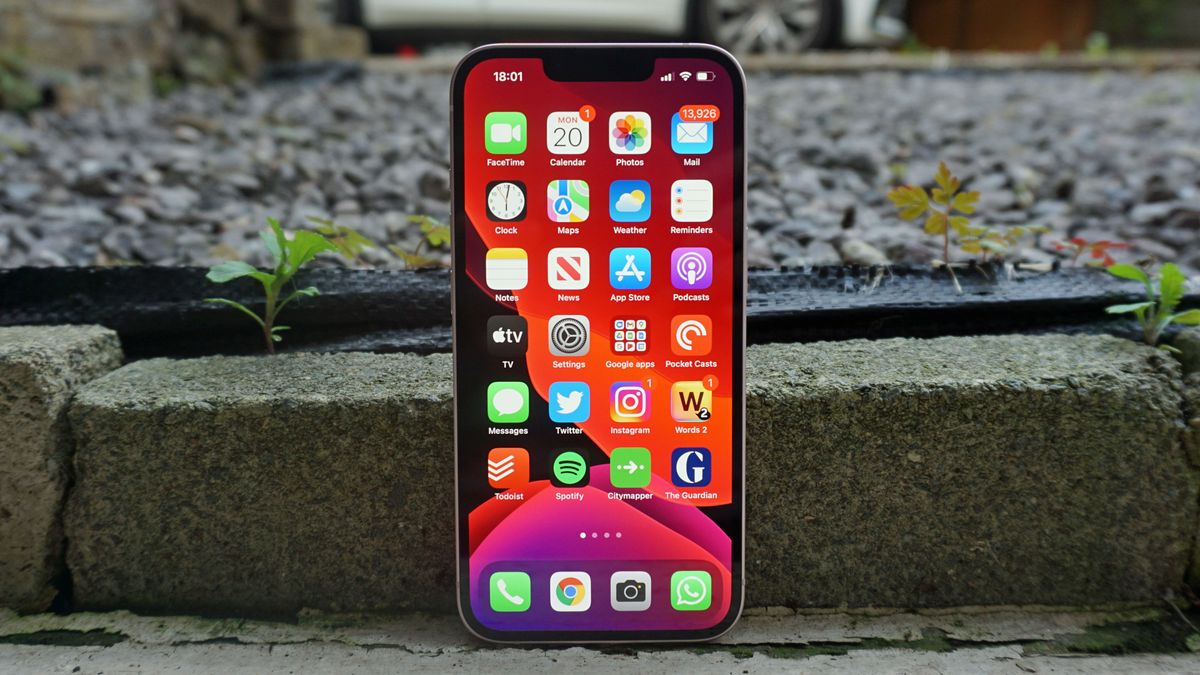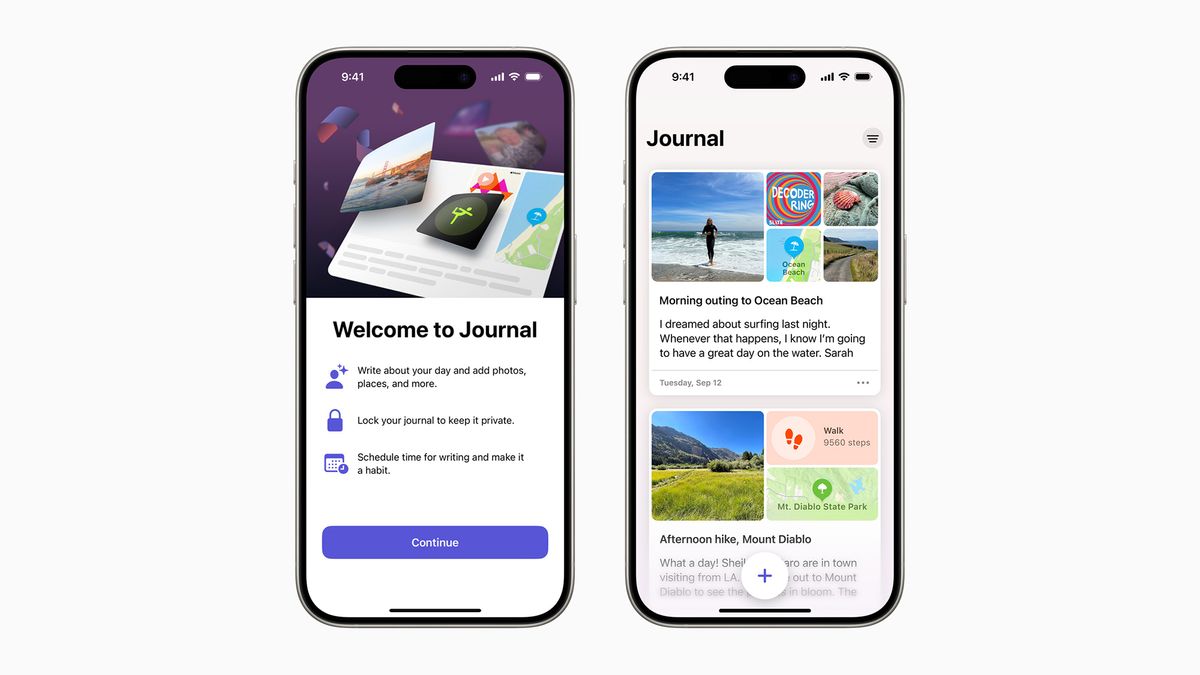With the iPhone 16 unveiling just around the corner at Apple’s “Glowtime” event on September 9, the main talking point about the next-best iPhone will likely be its integration with Apple Intelligence rather than any hardware improvements.
Apple's suite of AI features is expected to spearhead the marketing of the next-generation iPhone lineup, but customers will have to wait until the release of iOS 18.1 later in the year to get a feel for what Apple Intelligence can do.
While we won't have to wait long after the iPhone 16 and 16 Pro launch to try out Apple Intelligence, some of the major features we've all been waiting for won't be arriving until 2025, the biggest of which is Siri 2.0.
With that in mind, we'll take a look at what the next generation of Siri will be like and why you should be excited to use the AI-powered voice assistant when it arrives next year.
Siri 2.0
First, here's a quick rundown of Apple Intelligence's planned release from top experts like Bloomberg's Mark Gurman. Initial Apple Intelligence features, including proofreading, summaries, phone call recording, Clean Up, and other useful tools, will arrive as part of iOS 18.1, which is scheduled for release later this year, possibly in October.
That means that starting on day one, iPhone 16 owners won’t have any Apple Intelligence features on their iOS 18-powered smartphone. That’s a shame, but considering iOS 18.1 is still in beta right now, hopefully it won’t be long before your entire contact list is sending AI-generated responses to AI-generated questions using Genmoji via iMessage.
In iOS 18.1, Siri gets a makeover with a sleek new design that pops up on the edges of your iPhone and vibrates as you speak. It looks beautiful, and you'll also be able to double-tap the bottom of your device to use “Type to Siri” when you speak out loud, which is convenient. Based on my testing, Siri has definitely improved in iOS 18.1, but it's not quite as smart as the Siri Apple showed off at WWDC in June.
For that version of the voice assistant, which we'll call 2.0, Gurman suggests that “it will enter developer beta testing in January and then debut publicly around spring, part of an iOS 18.4 update that's already in the works.”
The wait for a smarter Siri will be worth it
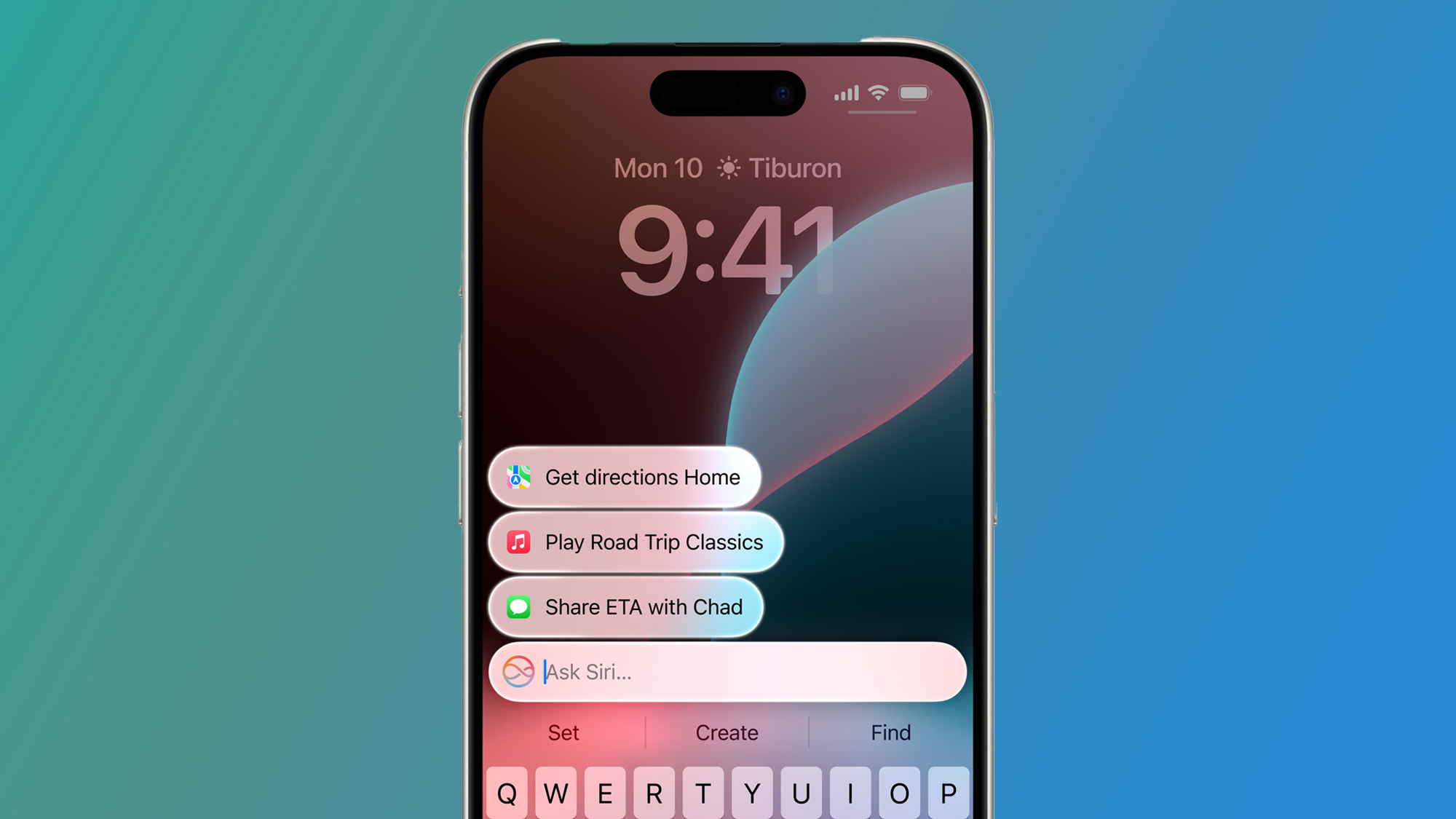
At WWDC, Craig Federighi, Apple’s senior vice president of software engineering, showed off an example of Siri’s AI capabilities, pulling information from an event lineup to determine whether he could move his meeting and still host his daughter’s theater performance. Apple Intelligence was able to figure out who his daughter was and what event was in question, and on top of that, it contacted those involved and created new calendar events.
It was truly impressive stuff, and it was all made possible by the significant improvements made to Siri, which allowed the voice assistant to become your personal assistant on the device. Apple made a big deal about how Siri would use Apple Intelligence’s ability to read personal context, interact with what’s on your device’s screen, and act smarter than ever before. Ultimately, Siri, much like Gemini on the latest Google Pixel 9 phones, will become the cornerstone of Apple Intelligence on Apple devices going forward.
That said, until Siri 2.0 is released next year, Apple will have to make a conscious effort to explain to the mass market that Siri, included in iOS 18.1 with its sleek, revamped design, is not the voice assistant we were promised.
Otherwise, the launch of Apple Intelligence could be met with disappointment, as users use AI on iPhones for the first time only to quickly realize that, beyond some nifty new features, it's not yet the AI-powered future.

